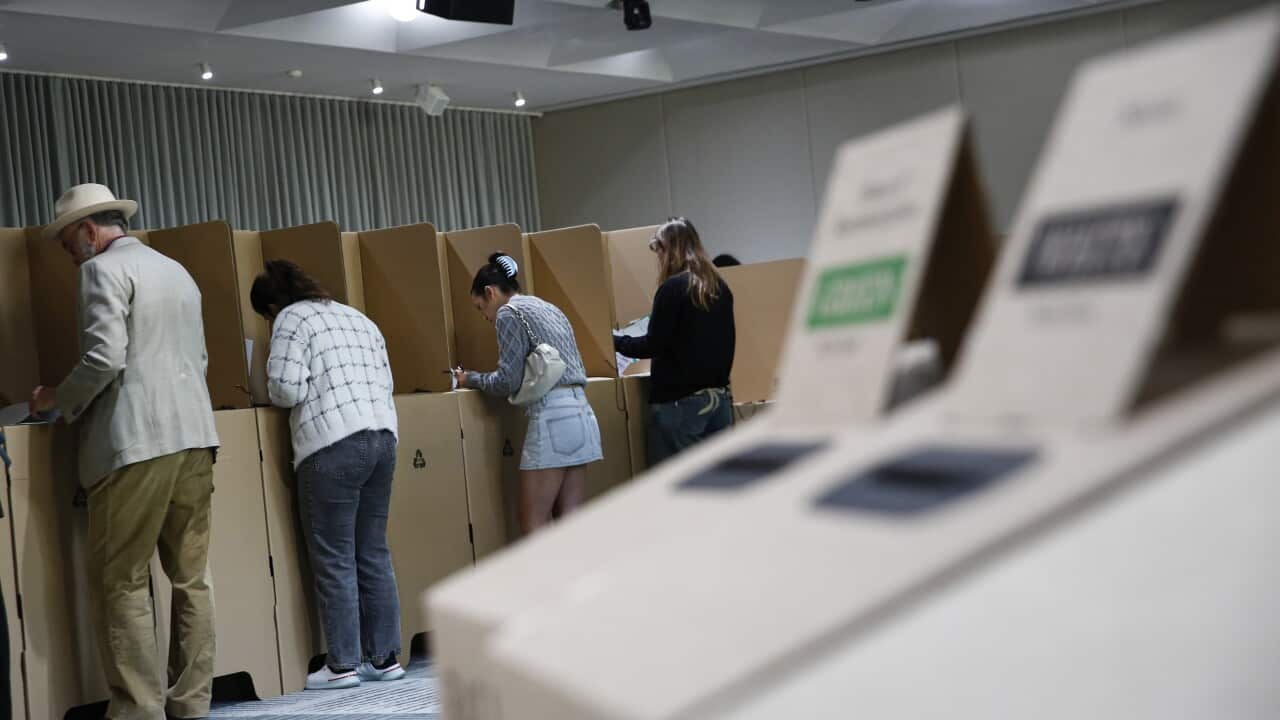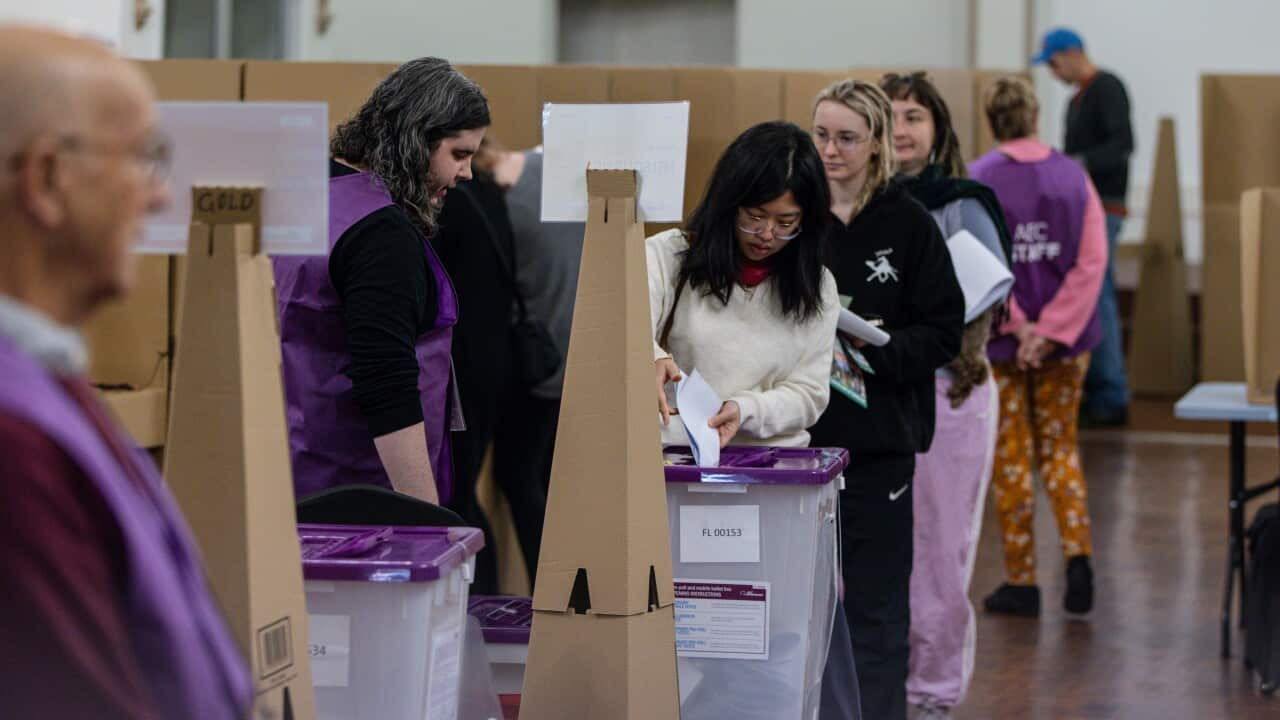Australia's 18 million eligible voters are doing much more than just picking their preferred candidate as they head out to vote in this year's federal election — they'll also be fulfilling a legal obligation.
Despite that, the Australian Electoral Commission (AEC) issued 1,268,907 failure-to-vote notices in the 2022 federal election.
Of those, 226 people were convicted by a court and fined.
With Google searches for "fine for not voting" up 1,000 per cent today, here's everything you need to know about the voting rules.
Do I have to vote?
Yes, voting has been compulsory in Australia since 1924.
As a result, voter turnout surged from less than 60 per cent in the 1922 election to more than 91 per cent in 1925.
The law prescribes that eligible voters must attend a polling place, have their name marked off the certified list, receive a ballot paper and take it to an individual voting booth, mark it, fold the ballot paper and place it in the ballot box.
You are required to enrol if you are 18 years of age or older, are an Australian citizen, and have lived at your current address for at least a month.
You will face a penalty unless you have "a valid and sufficient reason" for failing to do so.
What is the penalty for not voting?
You may have to pay what the AEC calls an "administrative penalty" fee — to be distinguished from a fine.
The amount is $20.
But if you fail to pay the fee and the matter proceeds to court, you could face a much larger penalty.
Are there valid reasons for not voting?
There isn't an exhaustive list of excuses you can rely upon or even a clear definition of "valid and sufficient" in law.
It's instead at the discretion of the AEC's Divisional Returning Officer (DRO) for each electorate to determine.
What if I tried to vote, but couldn't?
While you still might receive a notice from the AEC, it permits you to provide details of the reasons why you were unable to vote.
The DRO will then consider the merits of your case and take into account any specific circumstances at the polling places within their division.
If the DRO is not satisfied that the reason you have provided is valid and sufficient, you will be notified by the AEC.
Visit the to access articles, podcasts and videos from SBS News, NITV and our teams covering more than 60 languages.





